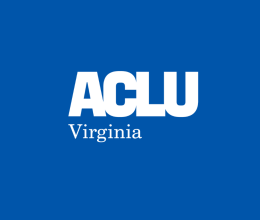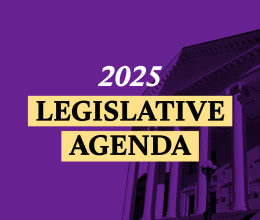
On July 20, 2017, the Court concluded that there was no clear and convincing evidence that Judge Bumgardner and Judge Franklin engaged in either “misconduct” or “conduct prejudicial to the proper administration of justice.” The Court reasoned that “[i]f judges may initiate lawsuits against localities, and force localities to make improvements to court facilities, it would seem reasonable that a judge could speak about the impact a courthouse relocation would have on the administration of justice in that locality” and concluded that “the involvement of local judges in a public debate over the possible relocation of a courthouse is not ‘inappropriate to the judicial office.’” The Complaint was dismissed.


